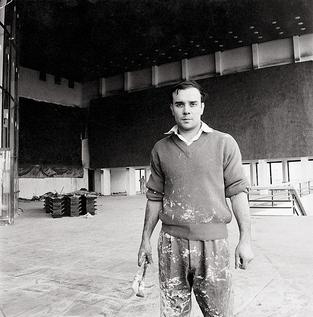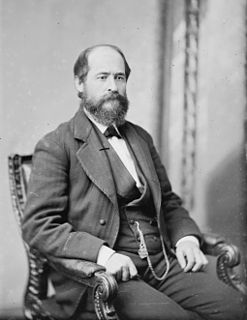A Quote by George Orwell
In this country, intellectual cowardice is the worst enemy a writer or journalist has to face ... Unpopular ideas can be silenced, and incovenient facts kept dark, without the need for any official ban ... At any given moment there is an orthodoxy, a body of iedas which it is assumed that all right-thinking people will accept without question.
Related Quotes
At any given moment there is an orthodoxy, a body of ideas of which it is assumed that all right-thinking people will accept without question. It is not exactly forbidden to say this, that or the other, but it is 'not done' to say it... Anyone who challenges the prevailing orthodoxy finds himself silenced with surprising effectiveness. A genuinely unfashionable opinion is almost never given a fair hearing, either in the popular press or in the high-brow periodicals.
If publishers and editors exert themselves to keep certain topics out of print, it is not because they are frightened of prosecution but because they are frightened of public opinion. In this country intellectual cowardice is the worst enemy a writer or journalist has to face, and that fact does not seem to me to have had the discussion it deserves.
The immaterial told me that I was indeed an occidental, a right-thinking Christian who believes in the 'Resurrection of the flesh'. A whole phenomenology then appeared, but a phenomenology without ideas, or rather without any of the systems of official conventions. What appeared was distinct from form and became Immediacy. 'The mark of the immediate' - that was what I needed.
A religion, that is, a true religion, must consist of ideas and facts both; not of ideas alone without facts, for then it would be mere Philosophy; - nor of facts alone without ideas, of which those facts are symbols, or out of which they arise, or upon which they are grounded: for then it would be mere History.
Some of us can accept others right where they are a lot more easily than we can accept ourselves. We feel that compassion is reserved for someone else, and it never occurs to us to feel it for ourselves. My experience is that by practicing without 'shoulds,' we gradually discover our wakefulness and our confidence. Gradually, without any agenda except to be honest and kind, we assume responsibility for being here in this unpredictable world, in this unique moment, in this precious human body.
By and large it is uniformly true in mathematics that there is a time lapse between a mathematical discovery and the moment when it is useful; and that this lapse of time can be anything from 30 to 100 years, in some cases even more; and that the whole system seems to function without any direction, without any reference to usefulness, and without any desire to do things which are useful.



































